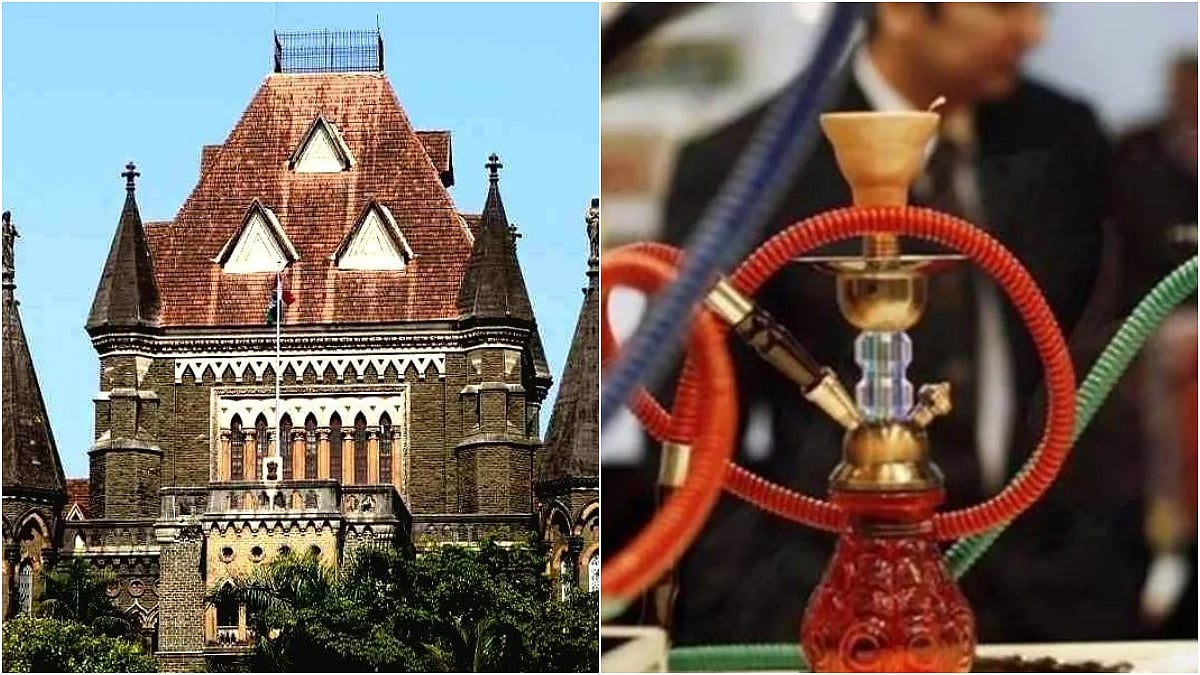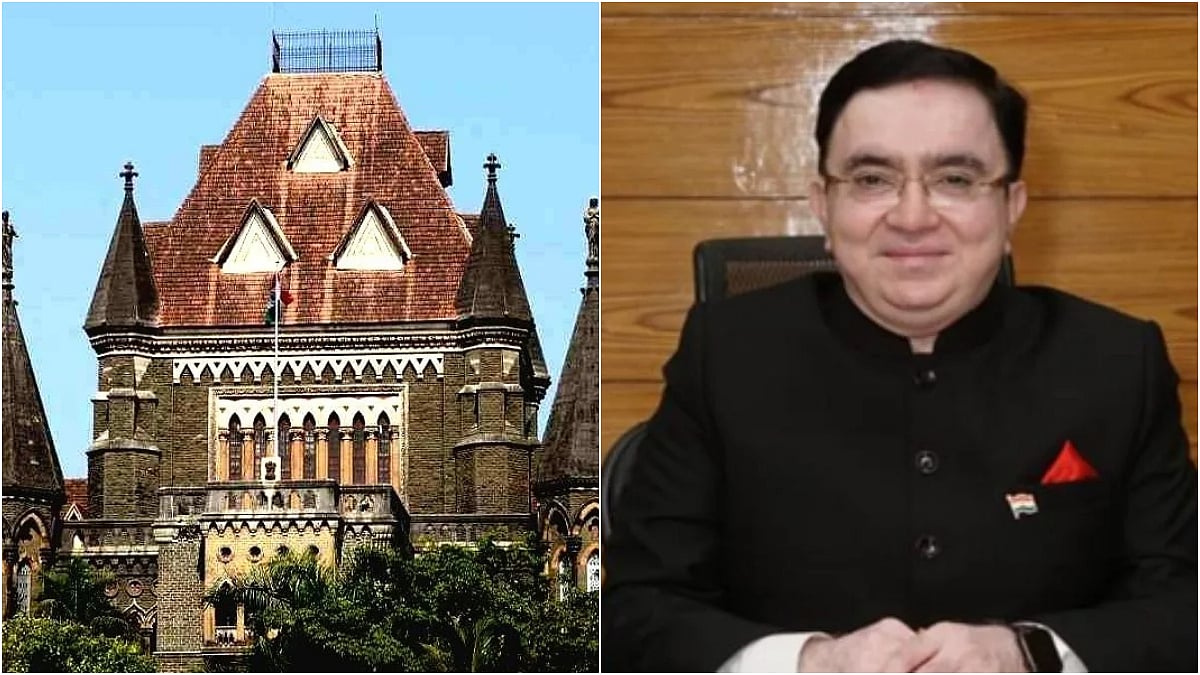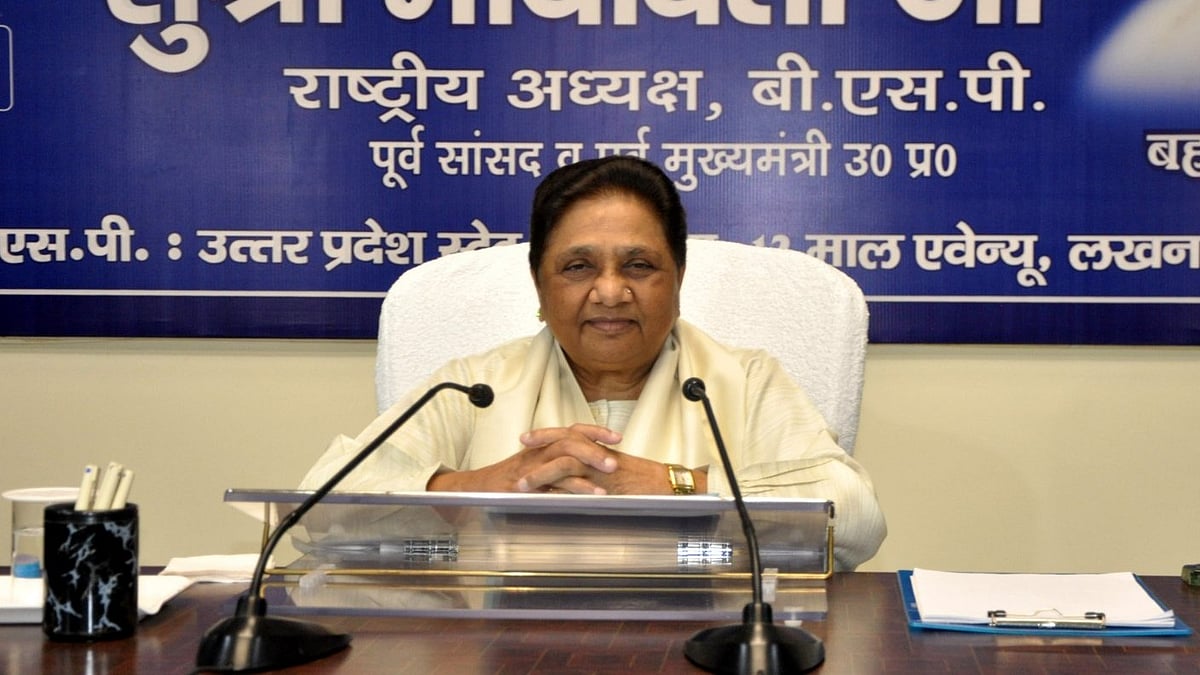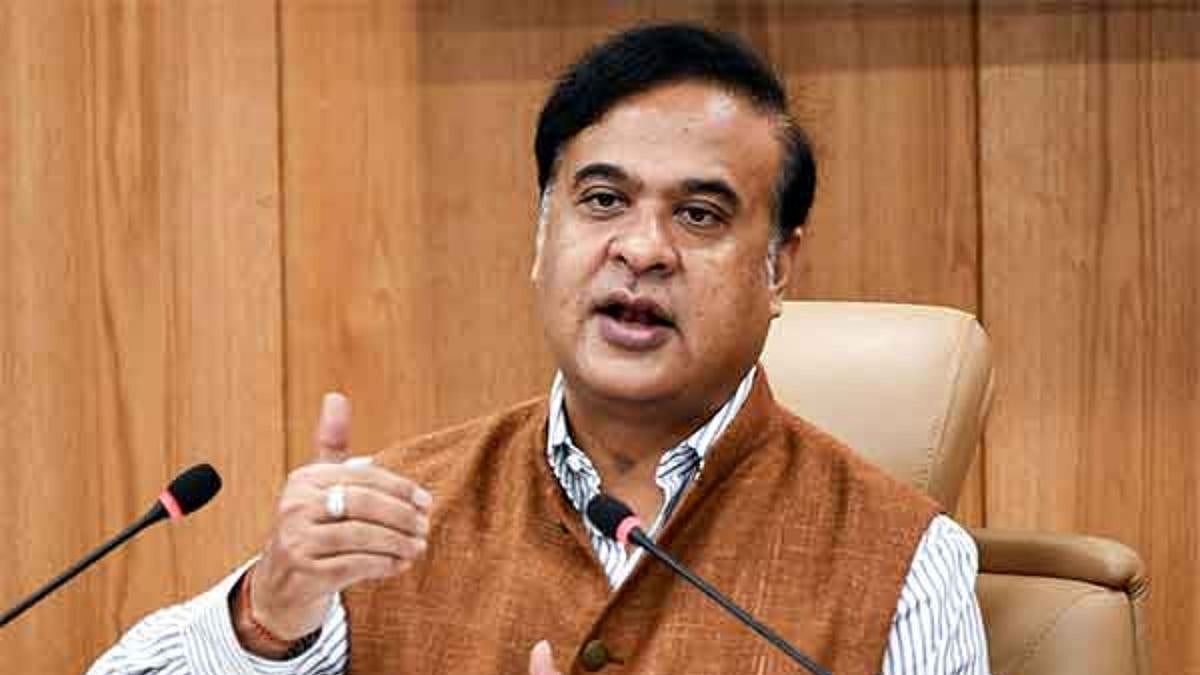New Delhi: In a big setback to the Telangana Government, the Supreme Court on Thursday dismissed its plea challenging the High Court's interim stay on its decision of increasing reservations Backward Classes to 42 per cent in local bodies. The plea against the the Telangana High Court's October 9 order on the issue was rejected by a bench of Justices Vikram Nath and Sandeep Mehta.
Notably, the high court had issued an interim stay against the government order to increase reservations. The Revanth Reddy government's decision to provide 42 per cent Backward Classes (BC) reservations in the state have taken the overall quotas in the state to 67 percent, which is violation of the top court's landmark 1992 Indra Sawhney judgment. Notably, the top court, it is verdicts, setting the 50 per cent ceiling on reservations.
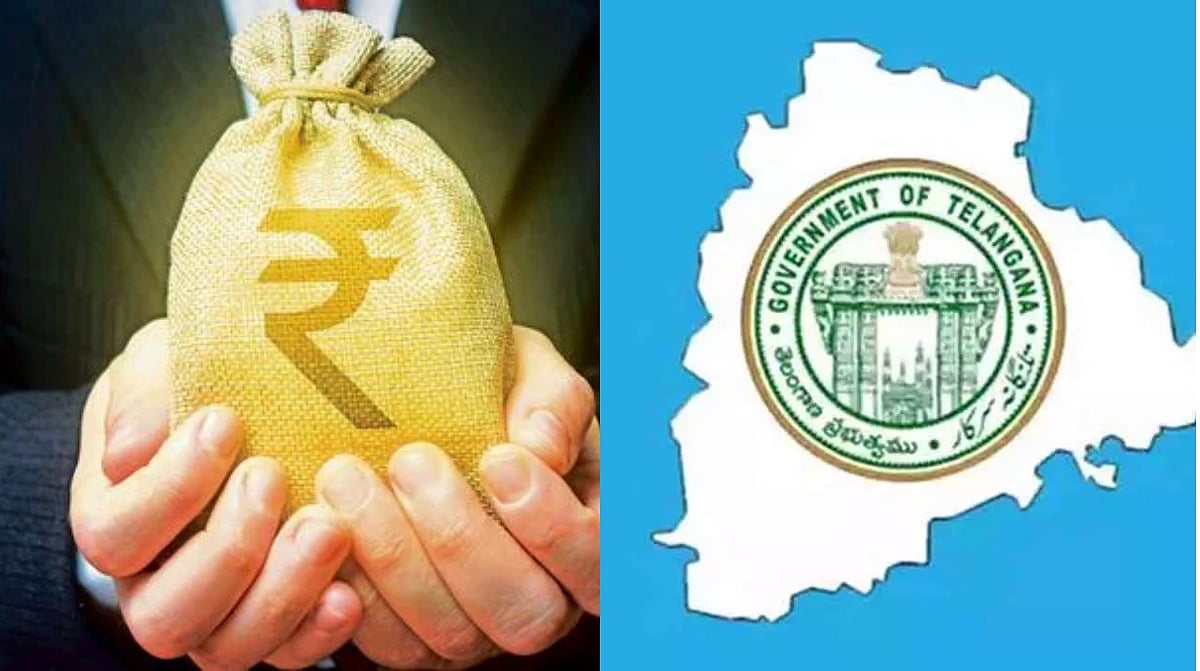
"A unanimous resolution of all parties supports this policy. How can it be stayed without pleadings? Barring the first few pages (of the High Court order), no reasons have been given for the stay," Singhvi said as quoted by NDTV.
Meanwhile, senior advocate Gopal Sankaranarayanan defended the high court's decision.
The high court, which was hearing a batch of petitions challenging the state government's order that increased the Backward Classes quota, had directed the state to file its reply in four weeks.
What Is 1992 Indra Sawhney Judgment:
The 1992 Indra Sawhney Judgment, also known as the Mandal Commission Case, was a landmark Supreme Court of India ruling that upheld reservations for Other Backward Classes (OBCs). The court introduced key principles, including a 50% cap on total reservations, the concept of the "creamy layer" to exclude wealthier OBCs, and the declaration that promotional reservations were unconstitutional.


